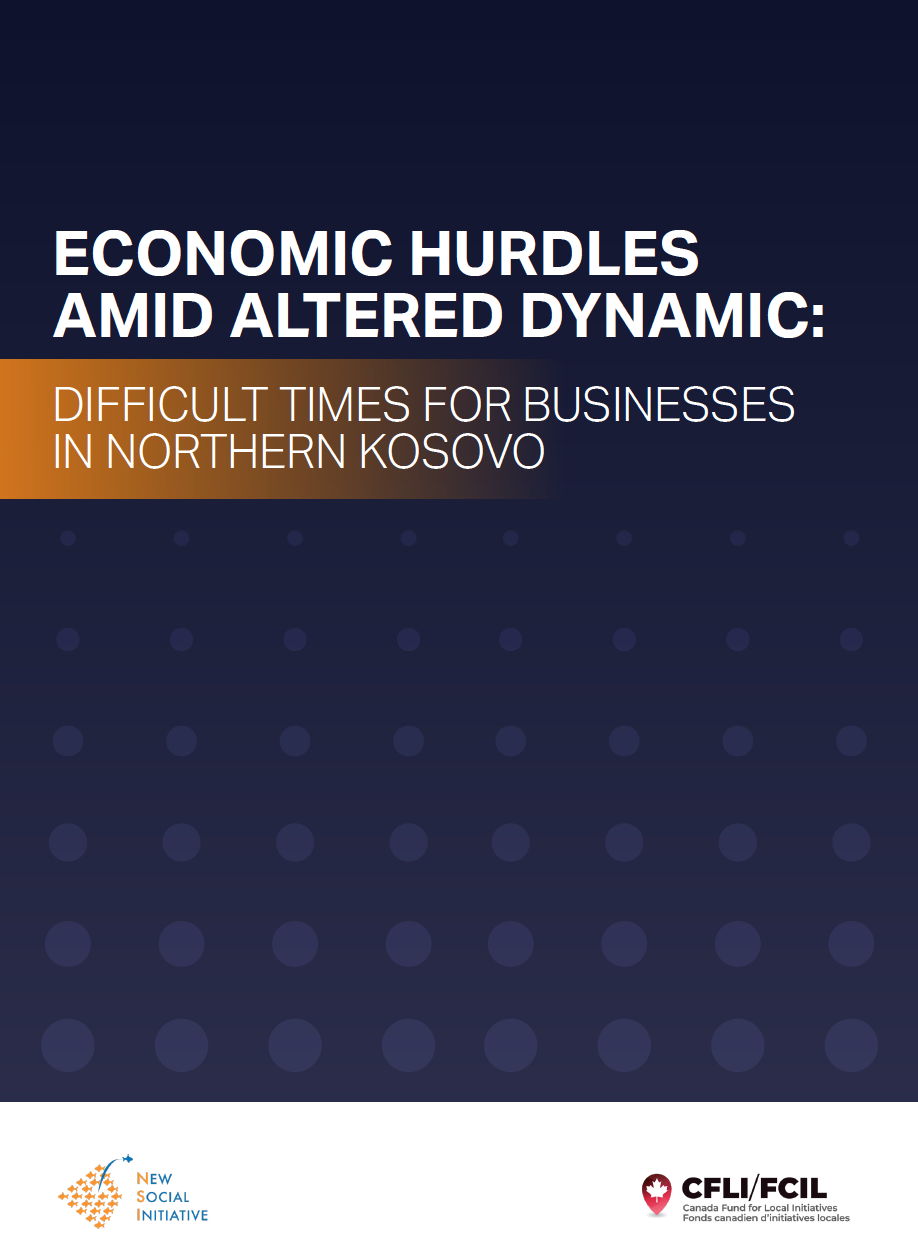This paper examines barriers encountered on establishing
Association/Community of Serb-majority Municipalities in Kosovo. This issue
lies at the heart of ongoing tensions between Kosovo and Serbia, following
the 2013 Brussels Agreement. The establishment of the ASM, designed to
grant limited self-governance to Serb-majority municipalities, has been a
focal point of the EU-mediated dialogue between the two countries.
Despite its intended role as a compromise to ease ethnic tensions, the ASM
has become a highly contested entity, raising significant political, legal,
and security concerns.
This paper explores the challenges related to the ASM’s formation by
analysing key agreements, legal documents, and public sentiment. Among
the central issues are the conflicting interpretations of the ASM’s role,
fears of enhanced autonomy undermining Kosovo’s sovereignty, and the
constitutional hurdles that have stalled its implementation. The ASM
debate reveals deep-rooted ethnic and political divisions within Kosovo,
while also highlighting broader geopolitical stakes involving Serbia’s
influence. This paper delves into these dynamics to better understand why
the establishment of the ASM remains unresolved and a source of tension in
the region.





